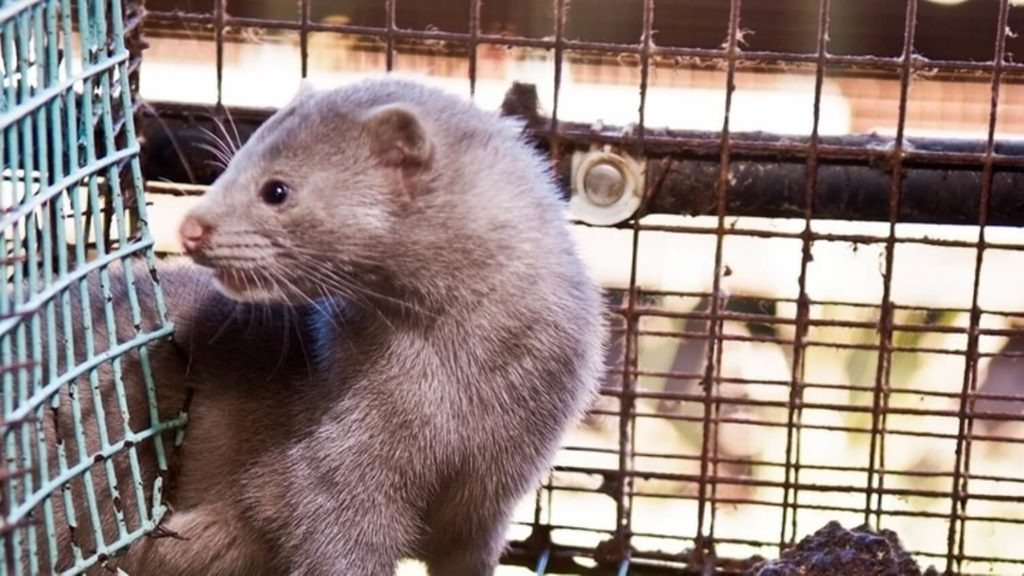Two Dutch mink fur farms face quarantine after testing positive for the coronavirus (COVID-19).
The tests confirm that mink can catch the virus and further highlight factory farms as potential hotspots for the virus.
The Dutch Agricultural Ministry banned both mink fur farms from moving the animals or their manure. The ministry also advised people not to go within 400 meters of either farm. The Agricultural Industry indicates that the mink may have contracted COVID-19 from fur farm employees.
The ministry “believes that the infected mink pose a ‘negligible’ risk to human health.” However, the Humane Society International (HSI) says that factory farming, in general, is “an unnecessary and unacceptable risk for both human and animal health.” The animal welfare organization highlights fur factory farms, in particular, as key factors in the spread of disease.
“Fur factory farms are breeding grounds for infectious diseases,” said Claire Bass, executive director of HSI/UK. “Confining thousands of wild animals in unsanitary, crowded and stressful conditions, with precious little veterinary care.”

Fur and Fashion
In 2013, the Dutch government banned the opening of any new mink fur farms in the Netherlands. It also gave the industry until 2024 to close all existing mink fur farms permanently.
Many fashion companies recognize this increasing anti-fur sentiment, and some producers now distance themselves from traditional fur. Others, such as Canada Goose, insist on the necessity of using animal products in their clothing.
According to HSI, intensive fur farms breed and kill around one hundred million animals every year. Up to 50 percent of these animals die just to satisfy the demand for fur trim.
Recently, Vogue editor-in-chief Anna Wintour joined British supermodel Naomi Campbell on her YouTube talk show, “No Filter with Naomi.” On the show, Wintour discussed the need for the fashion industry to rethink its values in the wake of the coronavirus. She said that those involved need to “really think about the waste and amount of money and consumption and excess.”
Animal rights organization People For the Ethical Treatment of Animals (PETA) urged Wintour to extend this assessment to animal products and to ban fur and exotic skins from Vogue. “It is certainly excessive and wasteful to confine a wild animal to a metal cage, beat her to death, and skin her for a fur garment,” says PETA President Ingrid Newkirk.
“Animals bred for their fur such as foxes, rabbits, raccoon dogs, and mink are confined in small, barren, wire cages for their entire lives,” explains HSI. “Before they are one year old, the animals are gassed, electrocuted, beaten or have their necks broken.”


